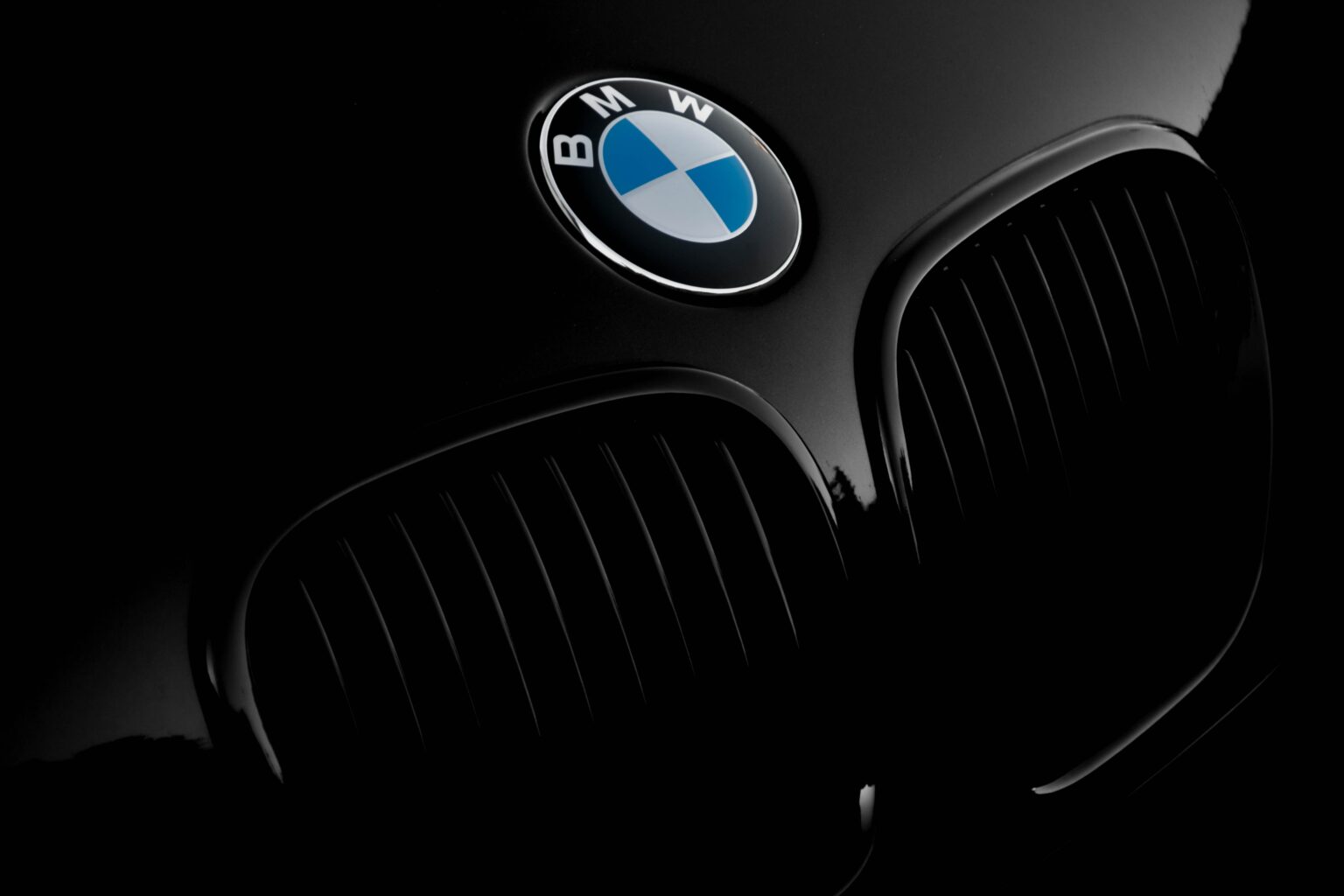BMW has set its sights on a hydrogen-powered future. The renowned automaker is gearing up to introduce a series of hydrogen-fueled production cars by the end of the decade, aligning itself with the broader green energy transition. However, as the race towards hydrogen supremacy gains momentum, the UK finds itself at risk of falling behind.
Dr. Juergen Guldner, BMW’s General Manager for Hydrogen Technology, conveyed the automaker’s vision at a recent hydrogen tech summit in Tokyo. He emphasized the importance of robust government support for hydrogen fuel infrastructure, especially the development of a comprehensive network of hydrogen filling stations.
At present, the UK has a mere 12 hydrogen filling stations, and this number even dropped recently when Shell closed three stations, citing public apathy towards hydrogen fuel cell cars. In stark contrast, Japan boasts 164 operational hydrogen filling stations with plans to expand this number to 1,000 by 2030. Meanwhile, in Europe, ambitious plans are in place to ensure that all major highways and towns with over 100,000 residents have access to hydrogen filling stations.
Dr. Guldner voiced his belief that the UK government needs to incorporate hydrogen into its mobility strategy and create an environment conducive to industry investments, propelling the development of a hydrogen economy, from production to transport, mobility, and refueling stations. He stressed that public support and an official hydrogen strategy are essential.
Although the UK was once on par with Europe regarding hydrogen plans, it now lags behind, and Dr. Guldner urged the nation not to fall further behind. He expressed that the delay in the UK’s 2030 ban on internal combustion engines presents an opportunity to gain public support for hydrogen, especially in situations where providing 100% electric charging at every parking spot is challenging, as in major cities like London.
BMW’s commitment to hydrogen as part of its sustainable future is evident in its ongoing collaboration with Toyota on hydrogen technology. The iX5, a hydrogen fuel cell development car, has already undergone comprehensive testing in various environments. This vehicle has a 6kg hydrogen fuel tank, a refueling time of three to four minutes, 395bhp, and a 500km range. Notably, hydrogen cars only require smaller batteries, using 90% fewer raw materials than electric vehicles while being considerably lighter.
One key aspect of the hydrogen strategy that BMW shares with Toyota is the belief that the commercial vehicle sector will play a pivotal role in driving hydrogen adoption. As HGVs and other commercial vehicles increasingly embrace hydrogen technology, it’s expected that this surge in demand will make hydrogen filling stations more profitable and, in turn, stimulate adoption across the automotive industry.
The race towards hydrogen-powered vehicles is gaining momentum worldwide, and it’s clear that the UK needs to catch up. To secure its place in the hydrogen revolution, the nation must not only promote hydrogen fuel infrastructure but also encourage public acceptance of this innovative and eco-friendly technology.





